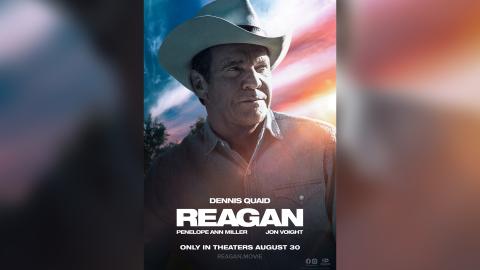InterVarsity Takes Wayne State University to Court for Right to Follow Christian Beliefs
In the fall of 2017, Wayne State University de-recognized the InterVarsity Christian Fellowship chapter on its campus.
The problem? InterVarsity's requirement that student leaders share its beliefs. Wayne State called that policy discriminatory and effectively kicked the group off-campus.
Lori Windham, senior counsel at Becket, a religious liberty law firm, said the lack of recognition hampered the club at every turn. "They were kept out of the student organization fair," she said. "They were actually forced to rent a table downstairs in a hallway, away from where all the other student groups were able to meet. They had to pay a fee every time they wanted to reserve a room for Bible study."
And Windham argues the university allows other clubs to select leaders based on beliefs. "The college Republicans can require their leader to be a Republican. The college Democrats can require their leader to be a Democrat so I don't understand why it's suddenly a violation of university policy for InterVarsity to ask its leaders to believe the Bible," she said.
In March of 2018, Wayne State recertified the group as an official student organization in what it called a "good faith effort" to resolve the dispute. It did not acknowledge, however, that InterVarsity has any right to limit its leaders to those who share its beliefs.
A university spokesperson told CBN News that it has taken no further action to withdraw recognition from InterVarsity and said "the group remains welcome on our campus."
But that's not enough of an assurance for InterVarsity. It believes that Wayne State could still kick its club off-campus at any time and so it's asking a federal court to decide just how universities must treat religious student groups.
The Wayne State spokesperson told CBN that the university sees no need for the legal action. "InterVarsity continues to pursue litigation against the university forcing it to spend taxpayer dollars to defend the lawsuit," said the spokesperson. "This is a case of the national organization trying to set a precedent."
The case echoes similar ones around the country where faith-based groups on campuses are finding themselves in conflict with university policies intended to promote non-discrimination. These policies often force religious groups to set aside their beliefs or risk finding themselves no longer an official campus organization, with all the benefits and privileges the association entails.
Windham told CBN News that she expects the Supreme Court will end up taking on the issue. "I think the Supreme Court ultimately will have to step in here because it's some of its own decisions that have caused some confusion and led universities to do the wrong thing," she said.




